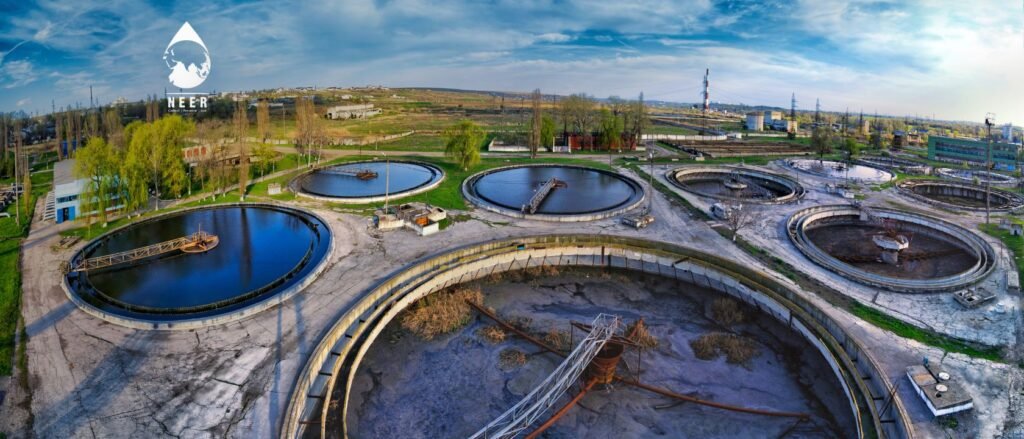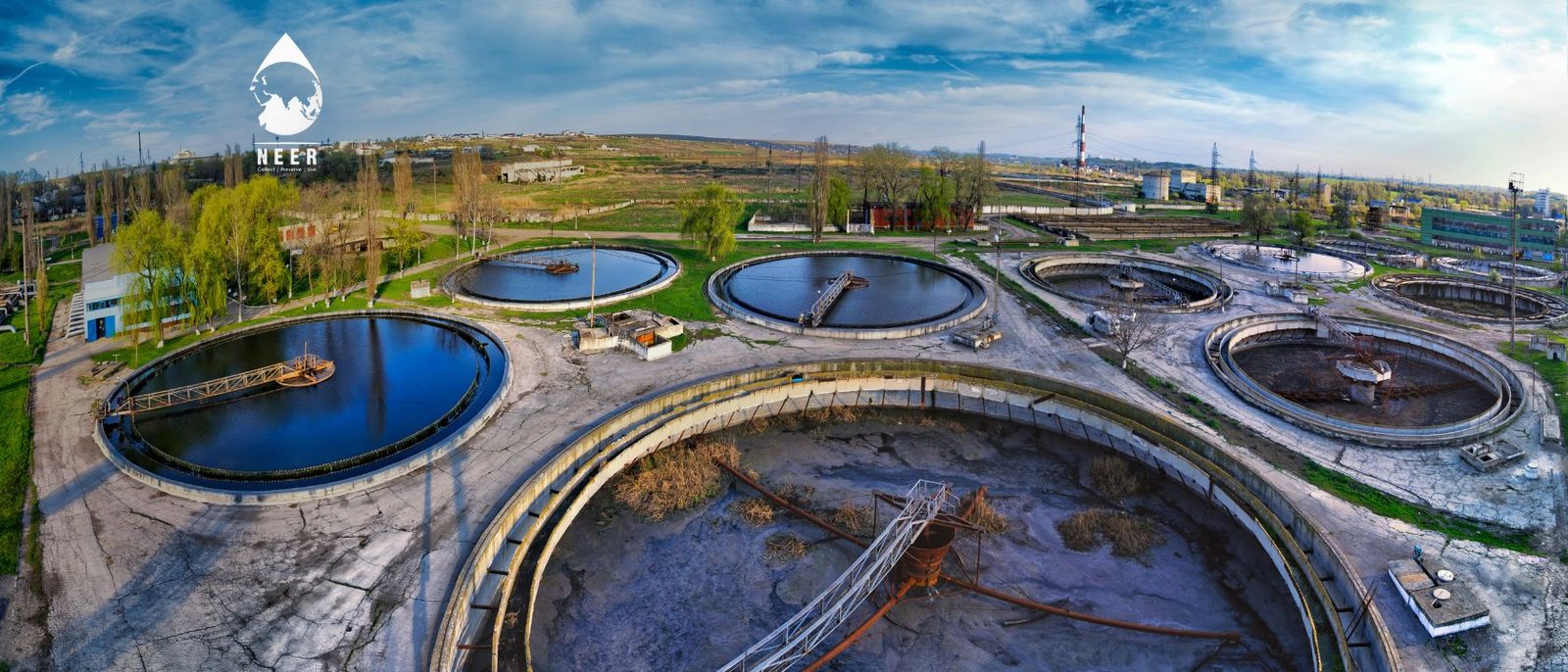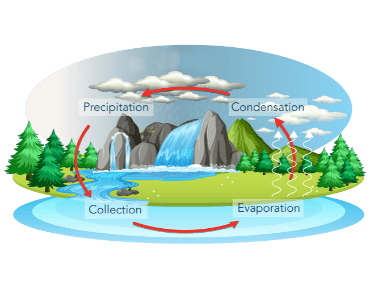
By: admin
Change Your Groundwater Management Methodology
Groundwater is essential for drinking water, industry, agriculture, and groundcover. However, managing groundwater sustainably has become more critical than ever, given climate change’s growing needs and pressures. Changing your attitude toward groundwater management will help you to guarantee the responsible and effective use of this priceless resource. Here’s how you might implement fresh technologies and ideas to improve your methods of groundwater control.
1. Perform thorough groundwater analyses.
Understanding the present situation of your groundwater resources will help you to start bettering your groundwater management strategy. Examine closely to ascertain water levels, quality, and rates of recharge. Advanced tools, such as remote sensing and Geographic Information Systems (GIS), can create thorough maps and models of groundwater systems. These tests give a strong basis for sensible management and wise decision-making.
2. Put sustainable water use policies into effect.
Effective groundwater management relies primarily on sustainable water use. It is crucial to adopt behaviors that reduce water waste and promote conservation. This covers improving irrigation systems in agriculture, lowering leaks in water distribution networks, and pushing water-saving technologies in homes and businesses. More effective water use will help you prolong the life of your groundwater supplies and reduce environmental impact.
3. Accept modern data analysis and monitoring.
Adaptive management cannot exist. Install monitoring tools and sensors to continuously track variations in groundwater conditions. Examine this data using interpretation tools to spot trends or possible problems early on. Advanced monitoring enables you to react quickly to changes, ensuring that your management strategies always fit the current situation.
4. Support groundwater recharge.
Groundwater recharge plays a crucial role in maintaining the equilibrium between extraction and replenishment. Implementing plans that include managed aquifer recharge (MAR), rainwater collection, and the construction of recharge zones in both urban and rural areas is absolutely critical. These techniques support long-term sustainability by helping to increase the amount of water entering the ground, thus augmenting groundwater supplies.

5. Improve cooperation with partners.
Good groundwater management calls for cooperation among several stakeholders—government agencies, local communities, companies, and environmental organizations. Work with these groups to create and carry out management strategies reflecting a common knowledge of the possibilities and difficulties. Because they combine several points of view and encourage group responsibility, cooperative efforts are more likely to succeed.
6. Educate and expand knowledge.
Effective groundwater management mostly depends on awareness-raising and education. Create instructional initiatives to let interested parties know how valuable sustainable practices and groundwater protection are. By increasing awareness, one can foster a culture of water stewardship whereby everyone realizes their part in safeguarding this precious resource.
7. Combine approaches to climate change adaptation.
Climate change is seriously affecting groundwater and other water supplies. Including climate adaptation techniques in your groundwater management plans will help you overcome these challenges. This could entail changing water use patterns during dry spells, safeguarding recharge sites against climate impacts, and planning future water availability. Early action will help you minimize how climate change will affect your groundwater supplies.
8. On a regular basis, review and update management plans.
Groundwater management calls constant attention and adaptation; it is not a one-time endeavor. Review your management plans often, then update them depending on fresh data, evolving circumstances, and new technologies. Constant development guarantees that your method stays relevant and successful in changing surroundings.
Final Thought
Ensuring the sustainability and resilience of this vital resource requires changing your groundwater management method. You can better and responsibly manage groundwater by conducting extensive assessments, applying sustainable practices, accepting technology, and encouraging teamwork. These initiatives will help your projects and communities be long-term successes, as well as preserve groundwater for future generations.
ABOUT NEER
NEER has been established as an Independent Ground Water Management Consultancy Organization with the full support of the Senior Hydro-geologist of the country Mr. M. MEHTA, Ex-Commissioner Ground Water, Ministry of Water Resources, Government of India.
NEER is an Accredited Consultant by the Central Ground Water Authority (CGWA) for the preparation of Ground Water withdrawal Impact Assessment report in accordance with the Guidelines issued vide notification No. 3289(E) dt: 24th September 2020 by CGWA duly followed by other States. NEER is also empaneled, registered and notified Consultant for Rainwater Harvesting designing and implementation by the U.P. government.
AIMS AND OBJECTIVES:
NEER has joined in this endeavor to provide clean water to masses around the year, propagating for conservation and preservation of water including Rainwater Harvesting and Artificial Recharge to groundwater. This is being a part of the water management process to fulfill the dreams of NEER, “Water should be Conserved and Wastage Prevented” and “Everybody should get the needed water being the crux of Life”.
NEER EXPERIENCE:
NEER is working in the field of groundwater management, intending to provide robust consultancy services to Government Departments, Firms, Companies – Private and Public Sector, Institutions, on the Assessment and Management of Water, Environment, and Pollution Control.) Industries, Infrastructures and Mining Projects to meet their water supply requirements as per existing protocols. It also aims at capacity building of stakeholders in Groundwater Investigations and its Management.
We work on NO-COMPROMISE POLICY. Our team members have conducted studies on Environment and Water Management throughout the country and abroad.
NEER has already executed many applied Research and Implementation Projects. Timeliness and Client satisfaction are the essences of this organization’s consultancy philosophy.
NEER APPROACH:
NEER has multi-disciplinary human resources for providing on-site solutions for all groundwater problems. It includes training on Groundwater issues through a well-developed curriculum by Scientists and Trainers.
The Research and Consultancy assignments are being carried out by experts in different fields with long and wide-ranging experience. NEER is also drawing on the expertise in relevant subject matters from the experts of Academic and Research Institutions of National and International repute. Follow us on Facebook & Instagram.


